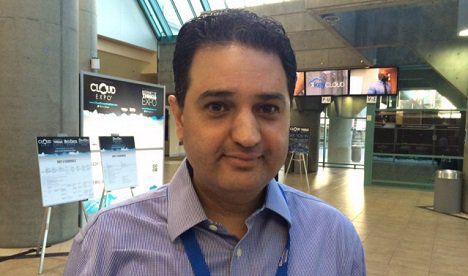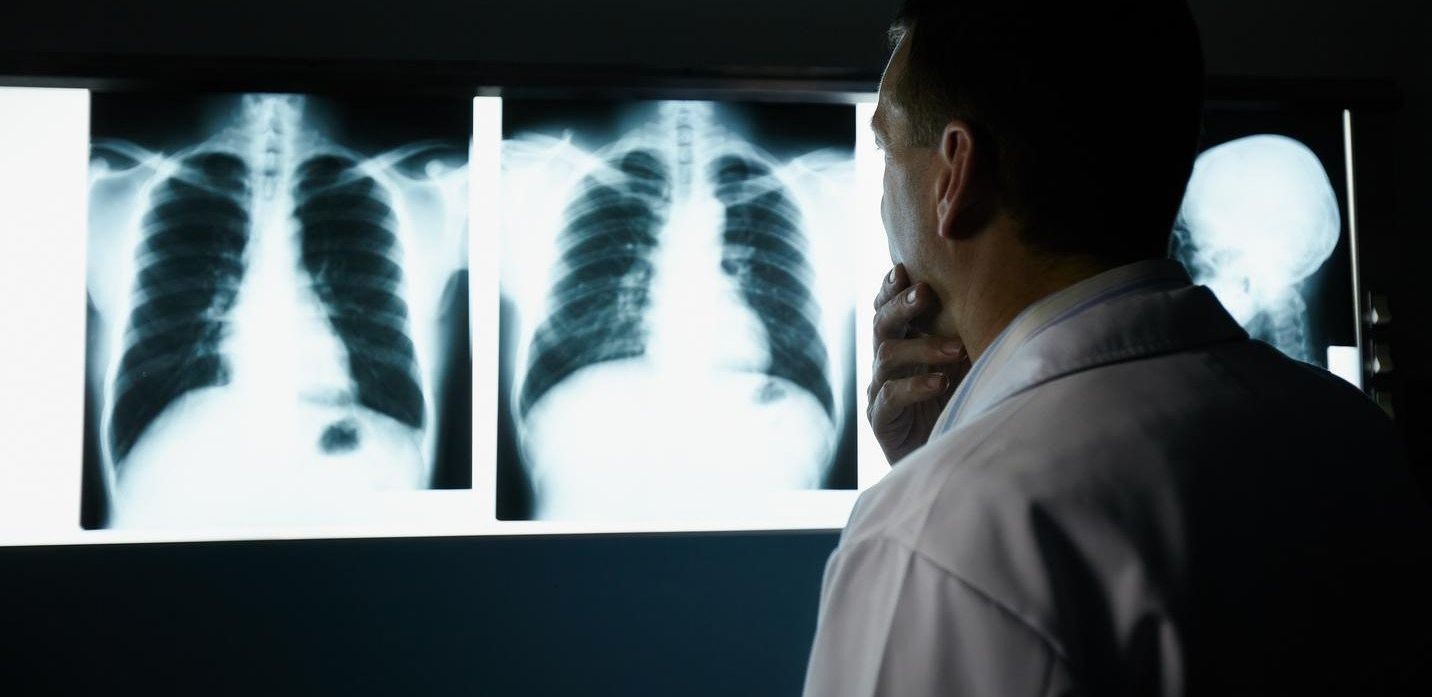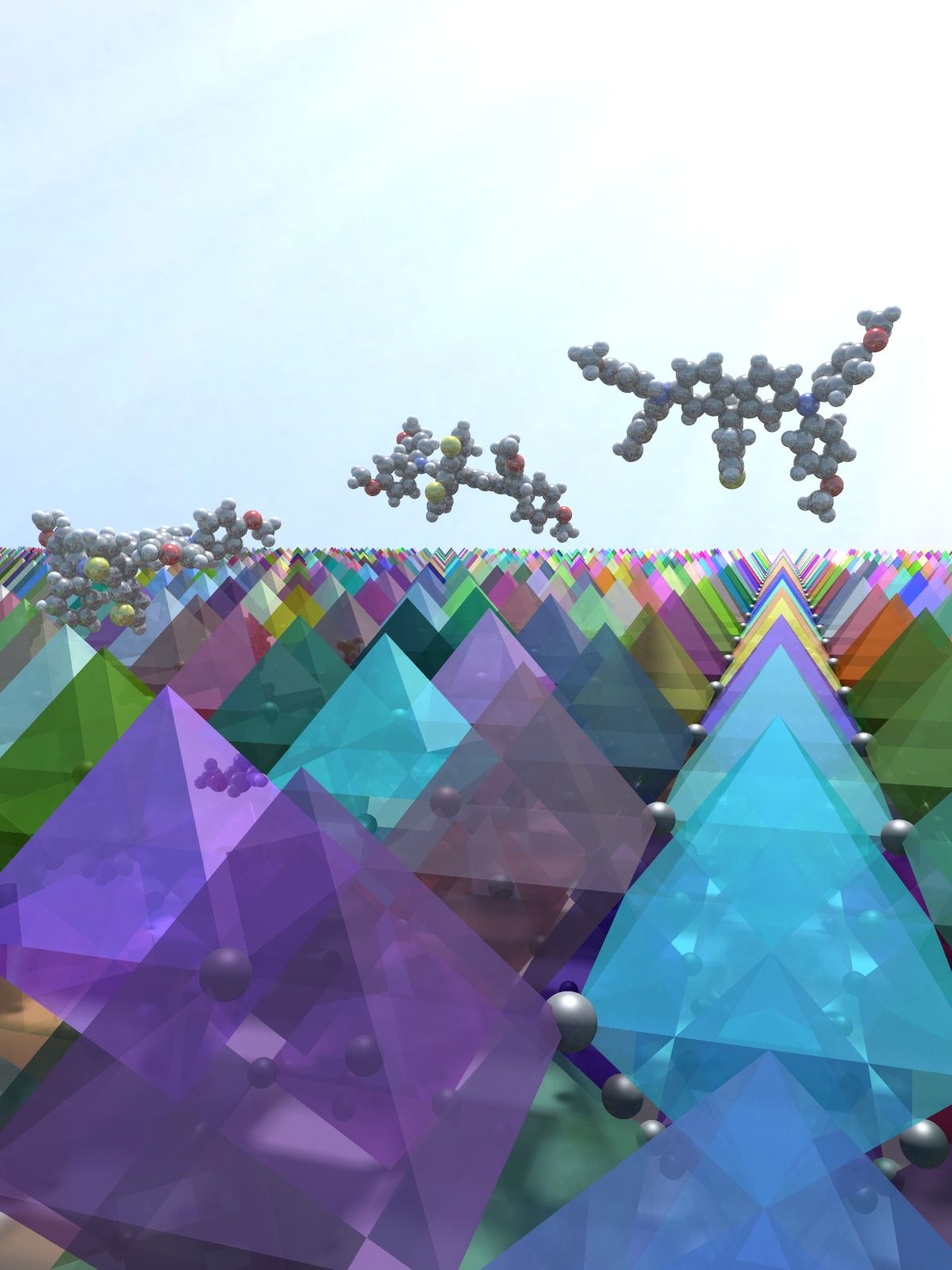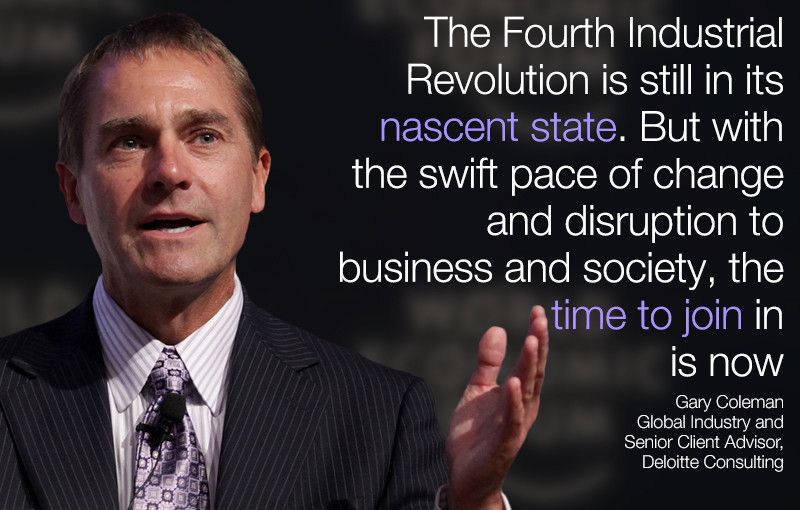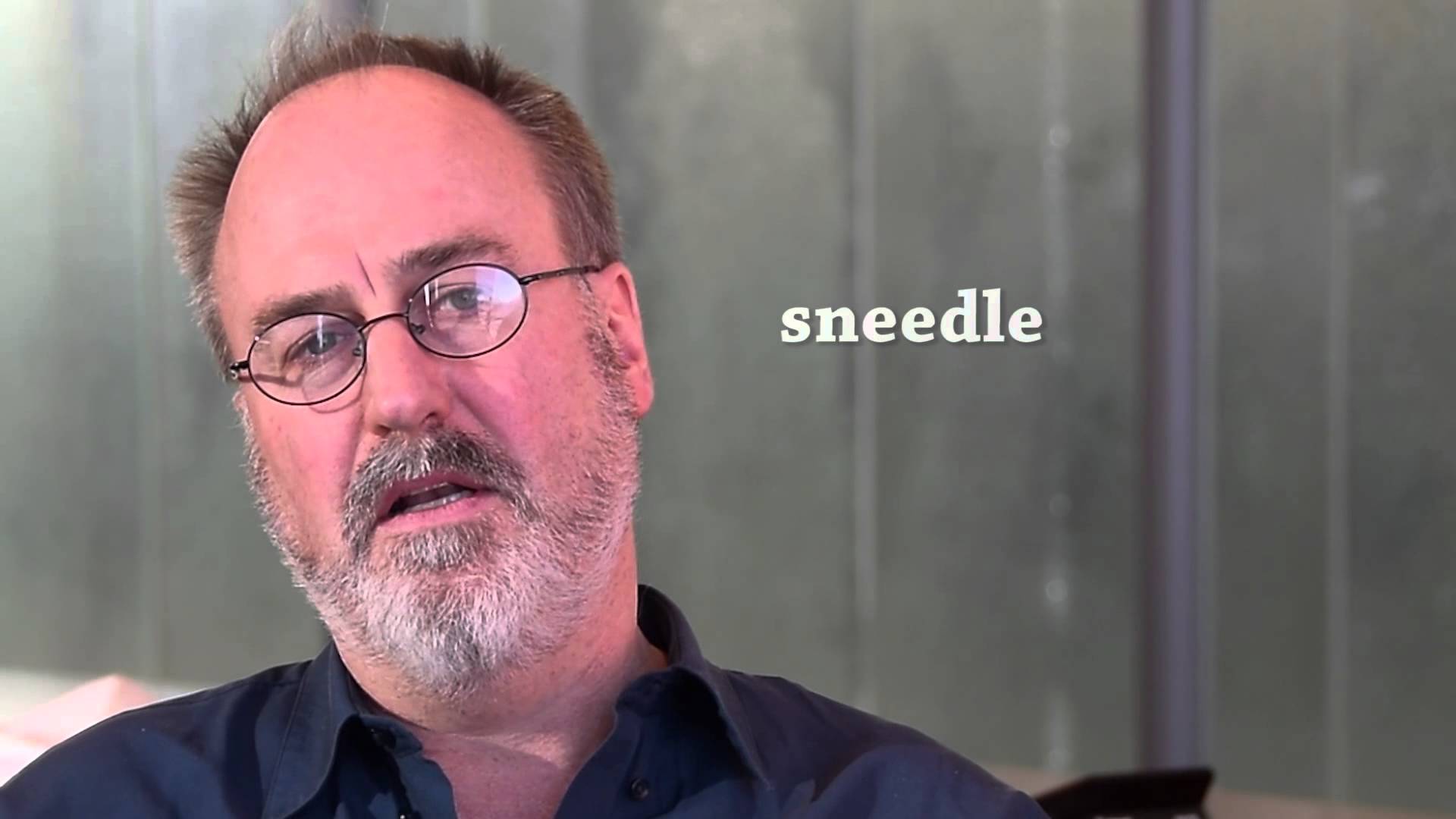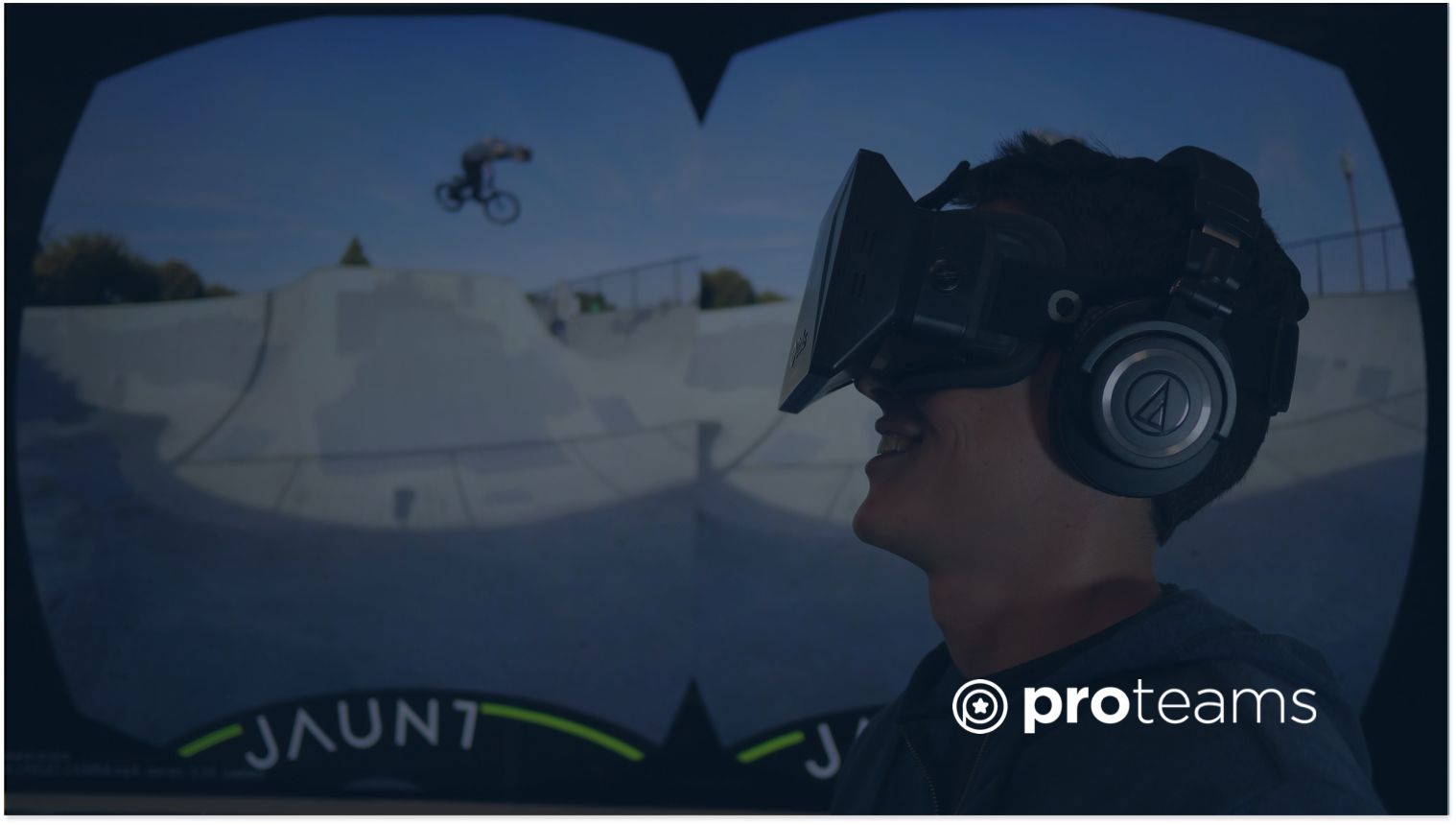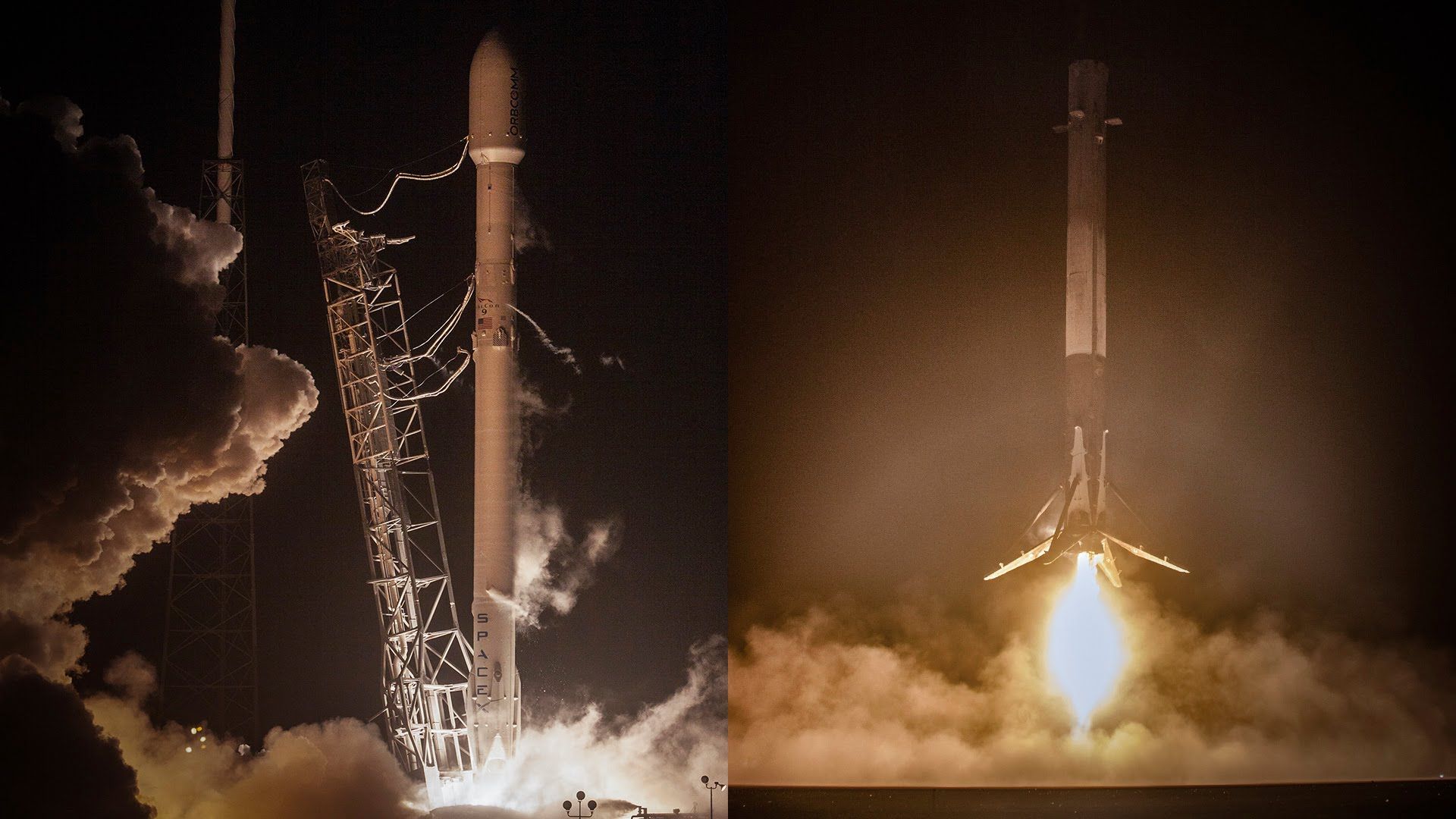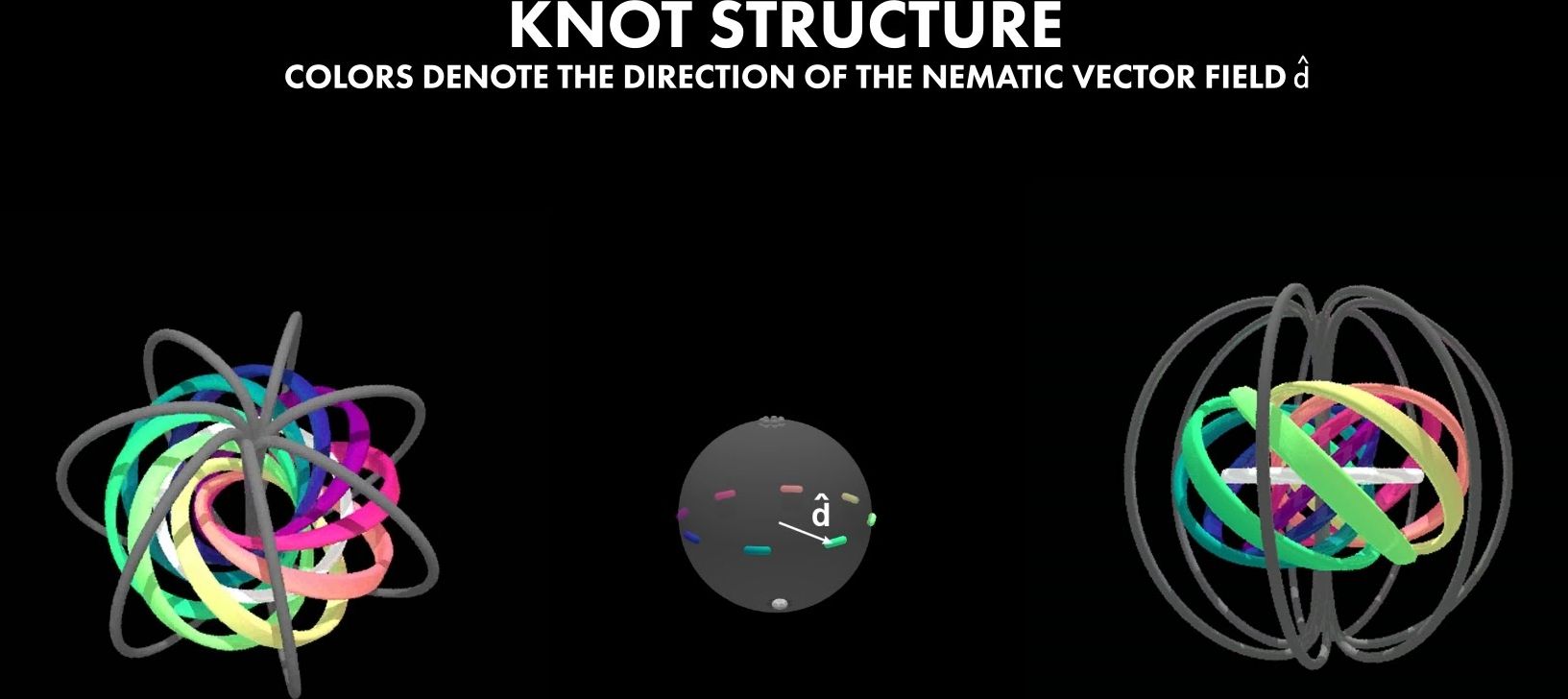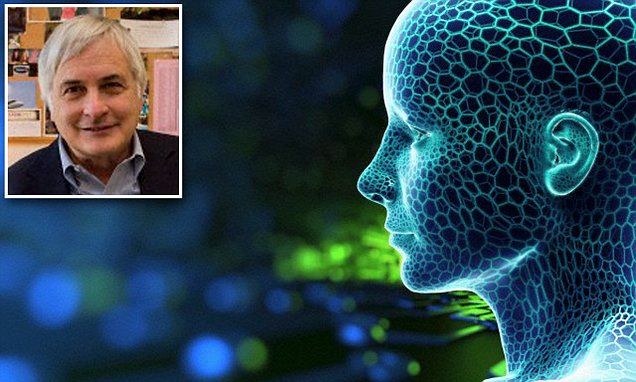With AI, why have attorneys or judges anymore. Frankly, AI is proving to be the most unbiased judges/ decision makers already. And, AI can develop contracts and patent agreements, etc. better than most humans. Plus, AI will outperform humans in discovery work on cases. So, we truly in just 3 years may not need judges and attorneys anymore.
Our list of Truly Useful Artificial Intelligence Tools You Can Use Today was out of date the minute we published it. We knew that would happen and are absolutely thrilled when we discover new capabilities that belong on this list. One we just learned about is EverLaw, provider of perhaps the world’s most advanced litigation platform, designed to be easy to use and programmed to leverage the most powerful technologies available, including cloud computing, mobile solutions and yes, artificial intelligence.
We found Everlaw and learned about their prediction engine and other key platform characteristics from an a16z blog post introducing a new investment. From a16z:
There is also a need for modern solutions to deeply technical problems — such as searching terabyte corpora for relevant documents (the state-of-the-art is mostly keyword search) or identifying clusters of relevant documents based on machine learning techniques (versus relying on humans to manually sift through and connect millions of documents). Historically, an industry vertical with such a legacy business model and architecture (i.e., very slow to change) would have a very hard time attracting top computer science talent to improve the space.
